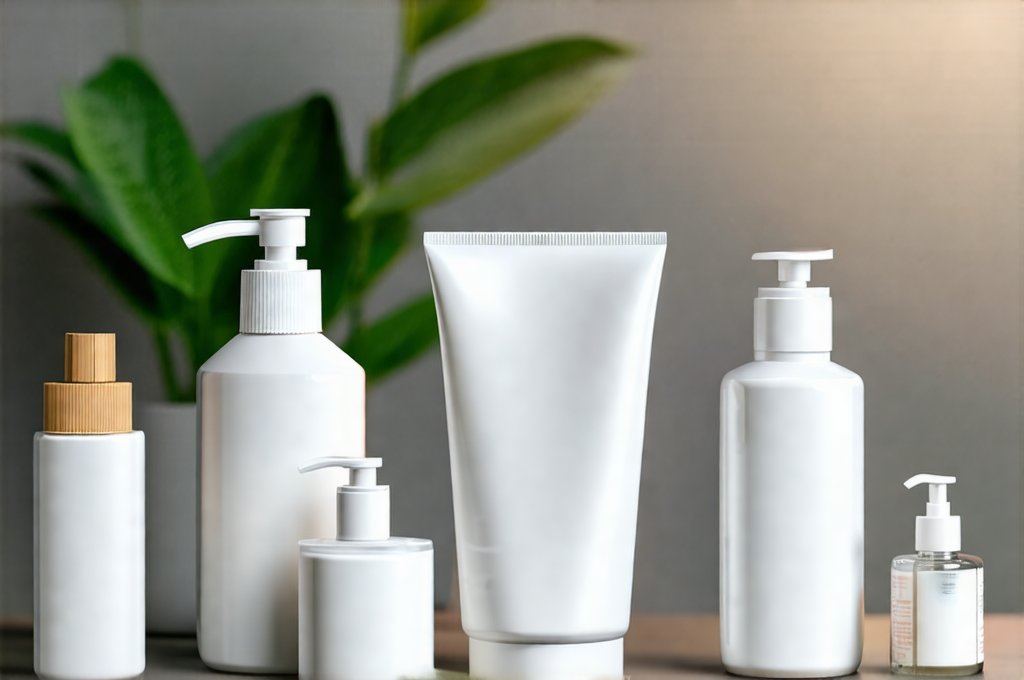Intimate hygiene is a deeply personal topic, often shrouded in misinformation and societal taboos. Maintaining good intimate health isn’t just about cleanliness; it’s intrinsically linked to overall wellbeing, self-esteem, and confidence. Many commercially available products marketed for this purpose contain harsh chemicals, fragrances, or unnecessary ingredients that can disrupt the delicate natural balance of the vaginal microbiome – a complex ecosystem crucial for preventing infections and maintaining reproductive health. This article aims to provide comprehensive guidance on selecting safe and effective products for intimate hygiene, empowering individuals to make informed choices that support their bodies without causing harm.
The focus should be on gentle care rather than aggressive cleaning. The vagina is self-cleaning, possessing natural mechanisms to maintain its pH balance and ward off harmful bacteria. Overzealous washing or the use of harsh products can disrupt this delicate equilibrium, leading to irritation, dryness, increased susceptibility to infections like bacterial vaginosis (BV) or yeast infections, and even long-term health complications. Understanding the principles of intimate hygiene and choosing products formulated with natural, skin-friendly ingredients is paramount for promoting optimal health down there. This isn’t about eliminating all cleaning; it’s about adopting a mindful approach that respects the body’s innate ability to care for itself.
Gentle Cleansing Alternatives
Traditional soaps and body washes are often too harsh for the sensitive skin of the vulva (the external genital area). They typically contain sulfates, fragrances, and other irritants that strip away natural oils and disrupt the vaginal pH. A better approach involves using lukewarm water as your primary cleansing agent. For those who prefer a more thorough clean, consider mild, fragrance-free cleansers specifically formulated for intimate hygiene. These products are usually pH-balanced (around 3.8 – 4.5) to mimic the natural acidity of the vagina and minimize disruption to the microbiome. Look for ingredients like aloe vera, chamomile, or calendula, known for their soothing properties. Avoid anything containing parabens, phthalates, artificial dyes, or strong perfumes.
Furthermore, douching is strongly discouraged by medical professionals. Douching removes beneficial bacteria along with harmful ones, disrupting the natural balance and increasing the risk of infections. It can also push bacteria further up into the reproductive tract, potentially leading to pelvic inflammatory disease (PID), a serious condition that can affect fertility. The vagina’s self-cleaning capabilities are sufficient; introducing external agents is rarely necessary and often detrimental. Maintaining a healthy vaginal microbiome through gentle cleansing and a balanced lifestyle is far more effective than attempting to “cleanse” it artificially. If you’re concerned about proper hygiene, explore safe hygiene habits for additional guidance.
Finally, when drying off after cleansing, use a soft, clean towel and pat the area dry gently rather than rubbing vigorously. Avoid tight-fitting clothing or underwear made from synthetic materials, as these can trap moisture and create an environment conducive to bacterial growth. Breathable cotton underwear is always the best choice.
Period Care & Protection
Menstrual hygiene products are another area where careful selection is crucial. Conventional sanitary pads often contain chemicals like dioxins (from bleaching processes), adhesives that can cause irritation, and synthetic materials that restrict airflow. Organic cotton pads offer a safer alternative, as they’re made without harsh chemicals and allow for better breathability. Menstrual cups, made from medical-grade silicone, are an even more eco-friendly and potentially healthier option. They collect menstrual flow rather than absorbing it, reducing the risk of dryness and irritation.
If you choose to use panty liners, opt for fragrance-free options made from organic cotton. Avoid daily use of panty liners, as they can trap moisture and increase the risk of infection. During your period, it’s important to change sanitary pads or menstrual cups regularly – typically every 4-8 hours – to prevent bacterial growth. Maintaining good intimate hygiene during menstruation is essential for preventing discomfort and promoting overall health. Remember that a little bleeding is normal, but excessive or unusual bleeding should be discussed with a healthcare professional.
Choosing Safe Intimate Wipes
Intimate wipes can seem convenient, but many contain harsh chemicals like alcohol, fragrances, and preservatives that irritate sensitive skin. If you must use wipes, choose fragrance-free, hypoallergenic options specifically designed for intimate hygiene. Look for wipes made from biodegradable materials and containing soothing ingredients like aloe vera or chamomile. Avoid wipes marketed as “refreshing” or “deodorizing,” as these often contain masking fragrances that can disrupt the vaginal pH.
Consider using a gentle cleanser and water on a soft cloth instead of wipes whenever possible. Wipes should be reserved for situations where cleansing with water isn’t readily available, such as during travel. It’s also important to remember that the vulva doesn’t require daily wiping; excessive cleaning can disrupt the natural microbiome. Prioritize gentle care and avoid harsh chemicals. When considering feminine hygiene, intimate care products are a great option for UTI prone women.
Lubricants & Sexual Health
Lubricants play a vital role in comfortable sexual activity, but many commercially available options contain ingredients that can cause irritation or allergic reactions. Avoid lubricants containing glycerin, parabens, fragrances, or propylene glycol. Opt for water-based or silicone-based lubricants formulated specifically for sensitive skin. Water-based lubricants are generally considered safer and easier to clean up, while silicone-based lubricants offer longer-lasting lubrication but may not be compatible with certain sex toys.
Always test a small amount of lubricant on your skin before using it extensively to check for any adverse reactions. After sexual activity, gently cleanse the genital area with lukewarm water or a mild, fragrance-free cleanser. Remember that condoms are essential for protecting against sexually transmitted infections (STIs). Choose latex-free condoms if you have a latex allergy.
Addressing Common Concerns & Seeking Professional Advice
It’s important to remember that every individual is different, and what works well for one person may not work for another. If you experience persistent irritation, itching, burning, or unusual discharge, consult with a healthcare professional. Self-treating can often worsen the problem. These symptoms could indicate an infection, allergy, or underlying medical condition requiring proper diagnosis and treatment.
Don’t hesitate to seek advice from your gynecologist or primary care physician regarding intimate hygiene practices and product choices. They can provide personalized recommendations based on your individual needs and health history. Remember that maintaining good intimate health is about more than just products; it’s about embracing self-care, listening to your body, and seeking professional guidance when needed. A holistic approach – encompassing gentle cleansing, healthy lifestyle habits, and regular checkups – will ensure long-term wellbeing and confidence. If you’re concerned about bladder health, consider safe over the counter products for women’s bladder.





















